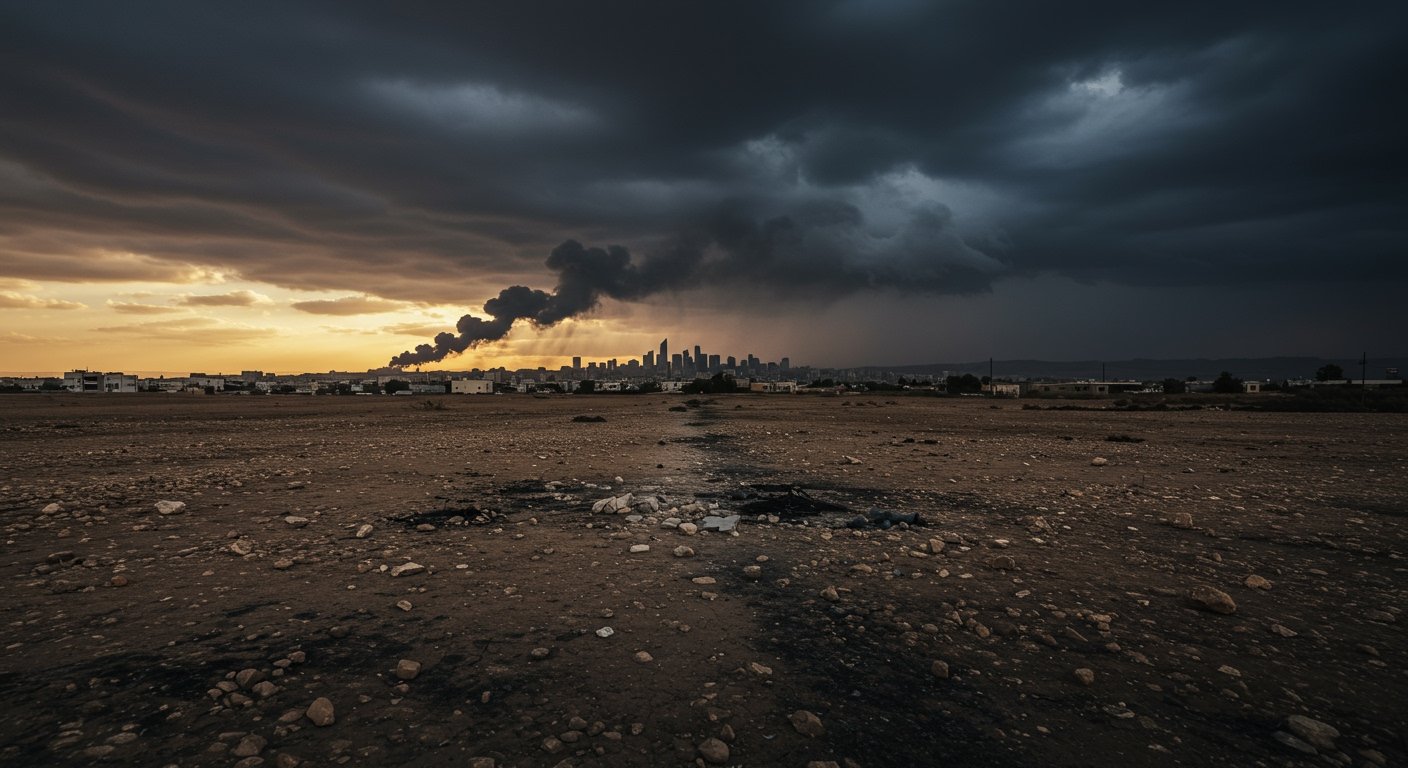Mahmoud Khalil, a key leader of the Gaza solidarity encampment at Columbia University, was detained by U.S. Immigration and Customs Enforcement (ICE) agents on Saturday, March 8, 2025. The detention, carried out by agents with the Department of Homeland Security (DHS), took place inside Khalil’s university-owned apartment. This development comes amidst heightened tensions surrounding campus protests against Israel and coincides with a significant financial action taken by the Trump administration against the university.
Khalil, an Algerian citizen of Palestinian descent, holds a green card and is married to a U.S. citizen. His wife is reportedly eight months pregnant. According to his attorney, Amy Greer, immigration officials informed her that Khalil’s green card was being revoked.
DHS Allegation and Attorney’s Response
The Department of Homeland Security has reportedly asserted that Khalil “led activities aligned to Hamas,” according to information shared by journalist Prem Thakker. This claim provides context for the immigration action, though specific evidence or details supporting the allegation were not immediately made public.
Attorney Amy Greer has not publicly commented on the substance of the DHS claim but has focused on the legal and personal ramifications of the detention and alleged green card revocation for Khalil and his family.
Context of Campus Protests
Mahmoud Khalil gained prominence for his leadership role in the demonstrations at Columbia University. These protests, often centered around a “Gaza solidarity encampment,” have voiced strong opposition to Israel’s actions in Gaza and have called on the university to divest from companies with ties to Israel.
The protests at Columbia are part of a broader wave of student activism that has swept across universities nationally and internationally, reflecting deeply held views on the conflict and U.S. foreign policy. Campus administrations, including Columbia’s, have faced immense pressure from various groups regarding their handling of these demonstrations, navigating complex issues of free speech, protest rights, and concerns about harassment.
Critics have contended that Columbia University has disproportionately targeted Palestinian rights protesters, alleging a double standard in how different forms of campus activism are addressed. The timing of Khalil’s detention, given his visible role in these protests, has fueled these concerns among his supporters and civil liberties advocates.
Trump Administration’s Financial Action
Adding another layer of complexity to the situation, the detention occurred shortly after the Trump administration announced it was withdrawing $400 million in federal grants and contracts to Columbia University. This substantial financial penalty was explicitly linked by the administration to the university’s alleged failure to adequately address “so-called anti-semitic harassment” on campus.
The administration’s stated reason for the funding cut connects the federal government’s action directly to the contentious environment surrounding the protests. The term “so-called anti-semitic harassment” reflects the administration’s framing of certain protest activities and expressions as falling into this category, a characterization often disputed by protesters and their advocates who distinguish between criticism of Israeli policies and genuine antisemitism.
While officials have not publicly drawn a direct causal link between the funding cut and Khalil’s detention, the proximity of the two events has led many observers and critics to speculate about potential connections or a broader governmental response to the protests and the university’s handling of them.
Broader Implications
The detention of a green card holder and prominent protest leader by federal immigration authorities raises significant questions about the intersection of immigration enforcement, political activism, and governmental responses to campus dissent. Khalil’s status as a green card holder, married to a U.S. citizen with a child on the way, underscores the potentially life-altering consequences of the reported green card revocation and any subsequent deportation proceedings.
The dual developments – the detention of a key protest figure and the withdrawal of substantial federal funding from the university – highlight the high stakes involved in the ongoing debates and confrontations on college campuses regarding the conflict in the Middle East and related issues of free speech and safety.
As the situation unfolds, legal challenges to Khalil’s detention and green card revocation are anticipated. Meanwhile, the future of federal funding for Columbia University and the dynamics of campus protests remain subject to ongoing scrutiny and potential further developments.










